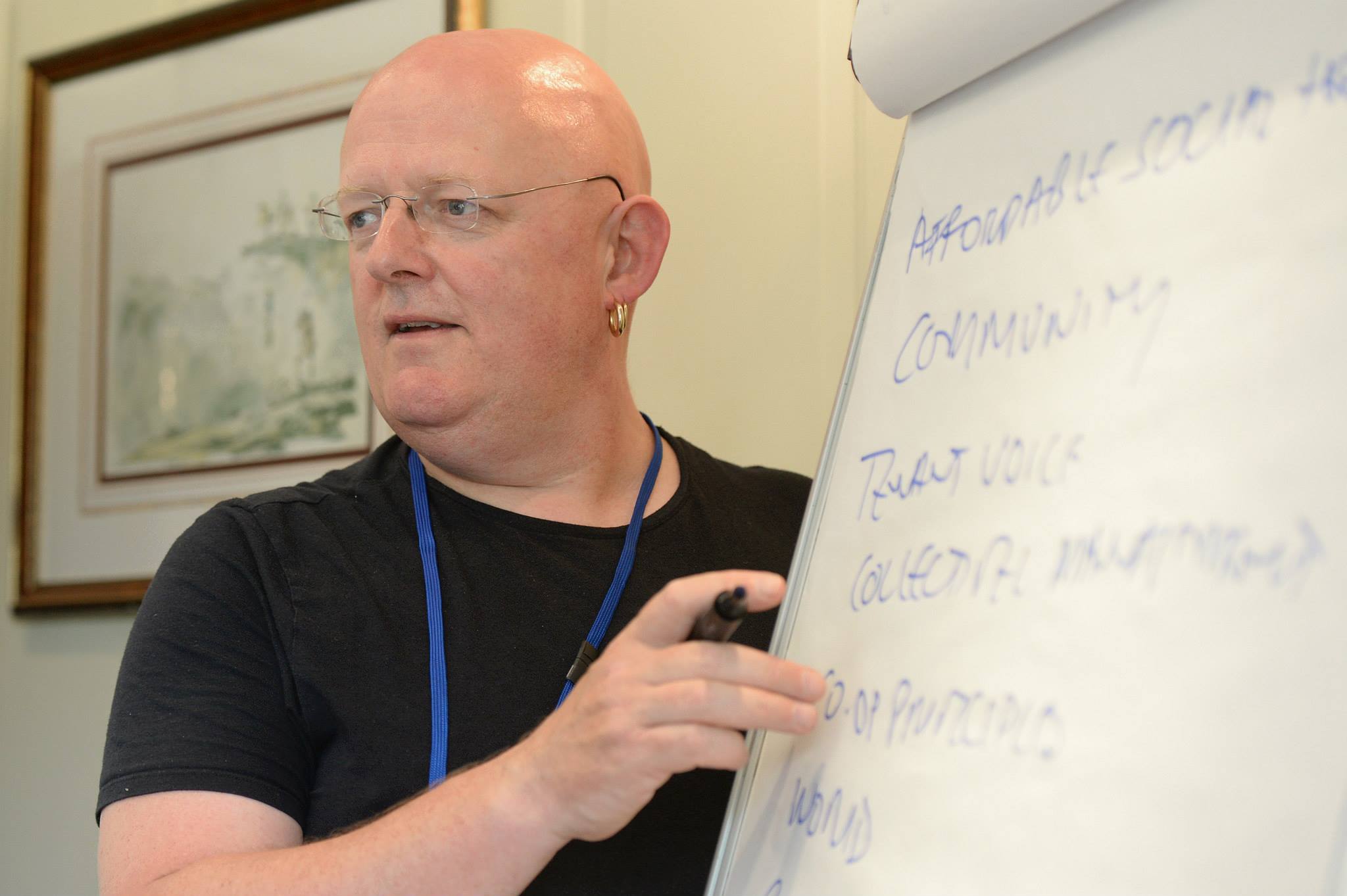Co-operatives, credit unions and social enterprises have reacted to the Civil Society strategy announced last week by the government.
The strategy, published by the Department for Digital, Culture, Media & Sport (DCMS), sets out how the government will work with and support civil society to build “a country that works for everyone”.
It includes a focus on charities and social enterprises, which are described as “the core of the civil society”. Other priorities include empowerment and investment in local communities, promoting business finance, and tech for good.
Co-operatives UK was among the organisations consulted. Policy officer James Wright said: “We asked government to produce a strategy for how it could nurture and mobilise solidarity, participation and collective agency, rather than a strategy for ‘the social sector’. And by and large, this is government’s focus.
“There are some very positive trajectories for grassroots community empowerment, not least the £35m of dormant account funds going into new place-based investment programmes, and what sounds like new backing for community shares. But the plans for communities in local economic policy are very underwhelming, boiling down to more consultation within existing power structures.”

He added: “Government also seems to have heeded our calls for the public service mutuals programme to support user and community ownership and control, which could be a significant breakthrough, especially ahead of the adult social care reviews this autumn.
“It’s worth bearing in mind that most of the policy levers needed to make a big difference are not held by DCMS. Perhaps this strategy will be most valuable as a means to influence decision-making in other parts of government.”
In terms of housing, the strategy reveals that the Ministry of Housing, Communities and Local Government is exploring the potential of transfers of public land to community-led housing initiatives, such as Community Land Trusts, by which residents become members of a trust which holds land and housing.
James Brokenshire, secretary for housing, communities and local government, said: “Communities are socially and economically stronger, more confident and integrated where people have a real say over the decisions that matter most to them in their local area … Government will work with civil society to ensure that community voices are heard, valued and produce change.”
Nic Bliss, head of policy at the Confederation of Co-operative Housing (CCH), welcomed the remarks, adding: “It is to be hoped that the forthcoming Social Housing Green Paper will set out ideas that will generate the enormous cultural change that is needed in the social housing sector.
“It is welcome that the strategy refers to community-led housing – and we are pleased to be working with the government and others on programmes.”
Related: Government to allocate £163m to Community Housing Fund
But he warned: “We are light years away from its aspirations in reality. We live in an astonishingly paternalistic society where our aim is to do help to people rather than help people to help themselves – particularly as we get down the income scale. My brief assessment of this strategy is that it will struggle to challenge this paternalism, particularly because they are understandably wanting to take with them organisations that might assist in the overall strategy, who might be the source of that paternalism.

“This is particularly noticeable in the housing sector. There are small number of housing providers who are good at working in partnership with their tenants and other service users – but the majority are sadly a long way from having any understanding or willingness to engage people, particularly at the local level and many – at best – pay lip service to exploring ways to empower their tenants and other service users.”
The strategy also includes plans to spend £55m in dormant assets on a new financial inclusion organisation to address the need for affordable credit at time of rising household debt. The new body will build partnerships with other organisations, including the End High Cost Credit Alliance.
Matt Bland, head of policy and communication at the Association of British Credit Unions (Abcul), said credit unions had outstanding lending balances at 30 September 2017 of almost £850m, making them the most active providers of affordable, ethical lending to excluded households.
“Evidence from the Lloyds Banking Group Credit Union Development Fund delivered by Abcul’s sister charity, the Credit Union Foundation, shows that capitalisation of ambitious credit unions can generate many times the investment made in new lending,” he said.
“Credit unions’ affordable interest rates, encouragement of saving and support with developing budgeting skills provide a much-needed boost to the financial resilience of households making them less dependent on high-interest debt.”
“We look forward to working with the DCMS, Big Lottery and a range of stakeholders to ensure that the new organisation gets off to a flying start.”
Related: How do we double the size of the co-op economy?
Peter Holbrook, chief executive of Social Enterprise UK, said the strategy could offer a springboard to social enterprises.
“We welcome its ambition and the effort that has been made to get buy-in from across Whitehall,” he said. “We must turn that ambition into action. We cannot assume government will act on its own. Social enterprises and our supporters must keep up the pressure and hold government to account.
“We are pleased to see a new cross-governmental social enterprise forum announced in the strategy, but this must have teeth. We welcome further progress on the Social Value Act and we look forward to working with the Cabinet Office and DCMS on how to embed social value within central government more effectively.”

But he warned: “There is a risk that the strategy may simply push the big issues facing society and the sector back into the long grass. We must make sure that this doesn’t become the reality. This strategy must not be an end point. We hope that it will lead to a new dynamism within government to champion social enterprise and social value.”
In June, minister for the Cabinet Office, David Lidington announced that the Social Value Act would be extended to ensure that all government departments explicitly evaluate social value when commissioning services.
Chris White, author of the Social Value Act and SEUK board member, said: “I am pleased that the Civil Society Strategy has built on recent announcements about the extension of the Social Value Act.
“The principles behind the Act have the potential to work at every level of government and should cover all public spending – big and small, grants and contracts. I see great potential for social value in improving the planning system and ensuring that decisions about the future of public assets take into account not just financial cost but their intrinsic social value. These issues affect every community across the country and social value can help public bodies make better decisions.
“However, we need better data about its current implementation across the public sector. I look forward to supporting Social Enterprise UK’s State of Social Value survey which is currently being developed.”